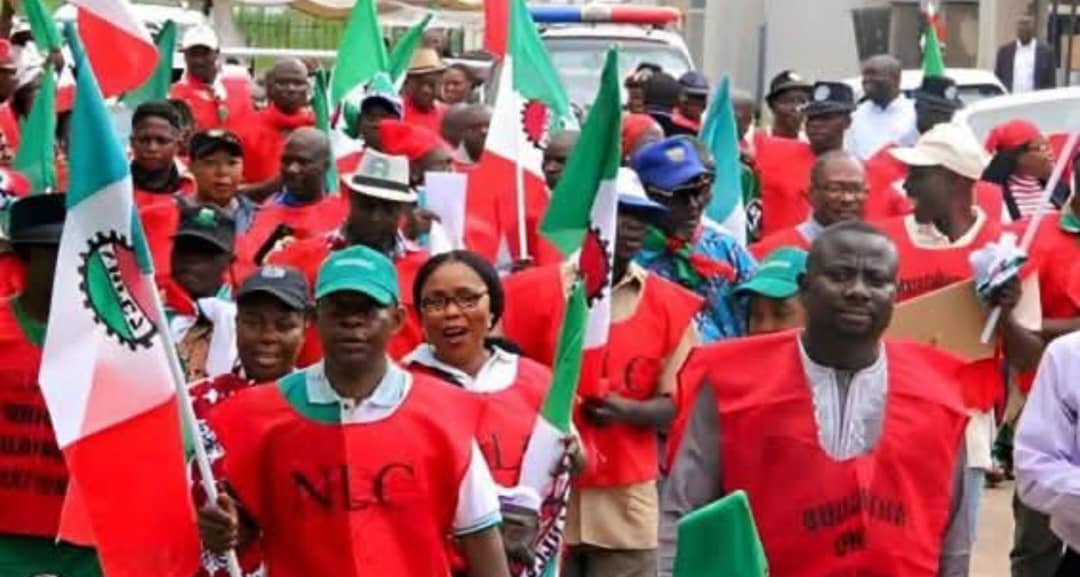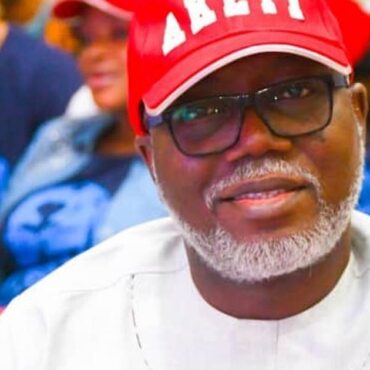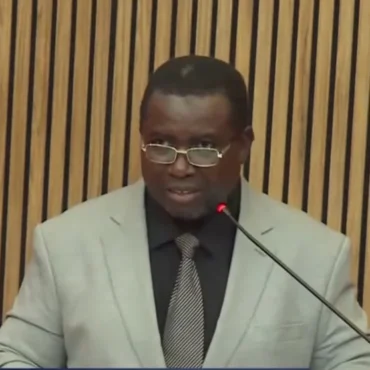The Nigeria Labour Congress (NLC) has begun a crucial meeting with the leadership of unions in the nation’s tertiary institutions, including the Academic Staff Union of Universities (ASUU), Senior Staff Association of Nigerian Universities (SSANU), Colleges of Education Academic Staff Union (COEASU), Academic Staff Union of Polytechnics (ASUP), and Senior Staff Association of Nigerian Polytechnics (SSANIP).
The meeting, which is taking place at the NLC national headquarters in Abuja, aims to address the ongoing strike in universities and other pressing concerns affecting workers across tertiary institutions in the country.
The NLC had earlier invited all union leaders within the education sector to a joint deliberation in a bid to find lasting solutions to the issues that have lingered due to stalled negotiations with the Federal Government.
Nigeria’s higher education sector has faced prolonged instability, culminating in the recent shutdown of public universities following ASUU’s declaration of an indefinite strike. The industrial action was announced after the expiration of a 14-day ultimatum issued to the government over unresolved matters relating to staff welfare, salary arrears, infrastructure, and implementation of previous agreements.
While the Federal Government had announced the release of ₦50 billion for earned academic allowances and a budgetary allocation of ₦150 billion for university revitalisation projects, the union dismissed these interventions as inadequate.
ASUU’s key demands include full implementation of the 2009 FGN-ASUU agreement, release of withheld salaries and deductions, sustainable funding for tertiary institutions, payment of outstanding promotion arrears, and protection of members from victimisation.
The NLC reaffirmed its solidarity with all education-sector unions, urging the government to honour collective agreements and uphold the rights of workers.
The emergency meeting is expected to determine the next steps in the ongoing industrial action and to outline strategies for safeguarding the welfare of academic and non-academic staff while ensuring stability in Nigeria’s public tertiary education system.






Post comments (0)